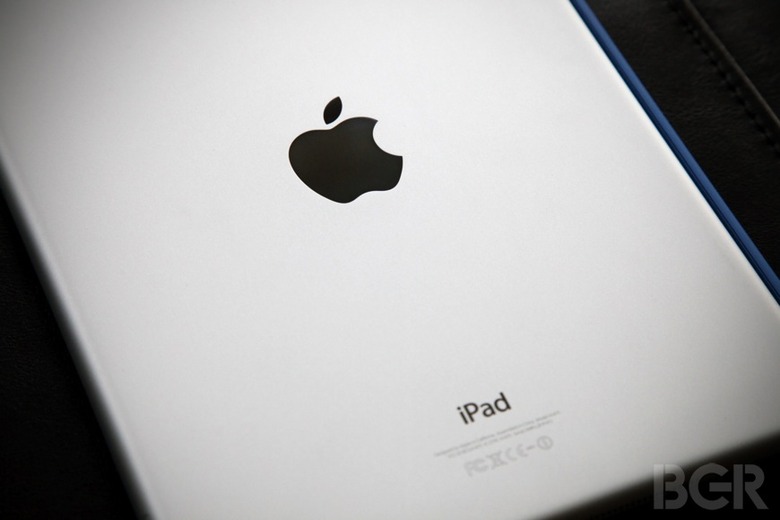iPad Sales Hit A New 5-Year Low This Past Quarter
Apple's iPad still can't seem to catch a break. For as much as some people may be inclined to explain away slumping iPad sales, the harsh reality is that Apple's iconic tablet has been floundering for many years now. Yesterday, Apple's earnings report revealed that year-over-year iPad sales dropped yet again during the September quarter, this time by 6%. That may not seem so bad in a quarter where Mac sales declined by 14%, but it's hard to ignore the fact that iPad sales have been trending downward for years with no end in sight.
The numbers in this regard are rather telling. During the quarter gone by, Apple sold 9.26 million iPads. By way of comparison, Apple during its September 2013 quarter sold 14.08 million iPads. And during the September quarter in 2012, Apple sold 17.04 million iPads. Indeed, Apple's quarterly iPad sales are now lower than they've ever been in five years.
MUST READ: The difference between iPhone users and Android users
Despite Tim Cook's claims to the contrary, something is clearly amiss with the iPad. Recall that Cook, back in late 2015, opined that Apple's iPad Pro would go on to replace sales of traditional Macs.
"Yes, the iPad Pro is a replacement for a notebook or a desktop for many, many people," Cook said. "They will start using it and conclude they no longer need to use anything else, other than their phones."
Cook has been championing this point of view for years now but the data simply doesn't seem to bolster such claims.
If there's one bright spot to be found in Apple's latest earnings report, it's that year over year iPad revenue remained same amidst falling sales. The takeaway here is that Apple, at the very least, has been able to offset a decline in sales with more margin-friendly devices. Now to be fair, tablet sales are on the decline everywhere, so it's not as if Apple's iPad is uniquely failing. Still, with so many consecutive quarters of iPad sales on the decline, one can't help but conclude that the notion of the post-PC era was far too optimistic and that tablets may coexist alongside PCs but will never truly replace them.
